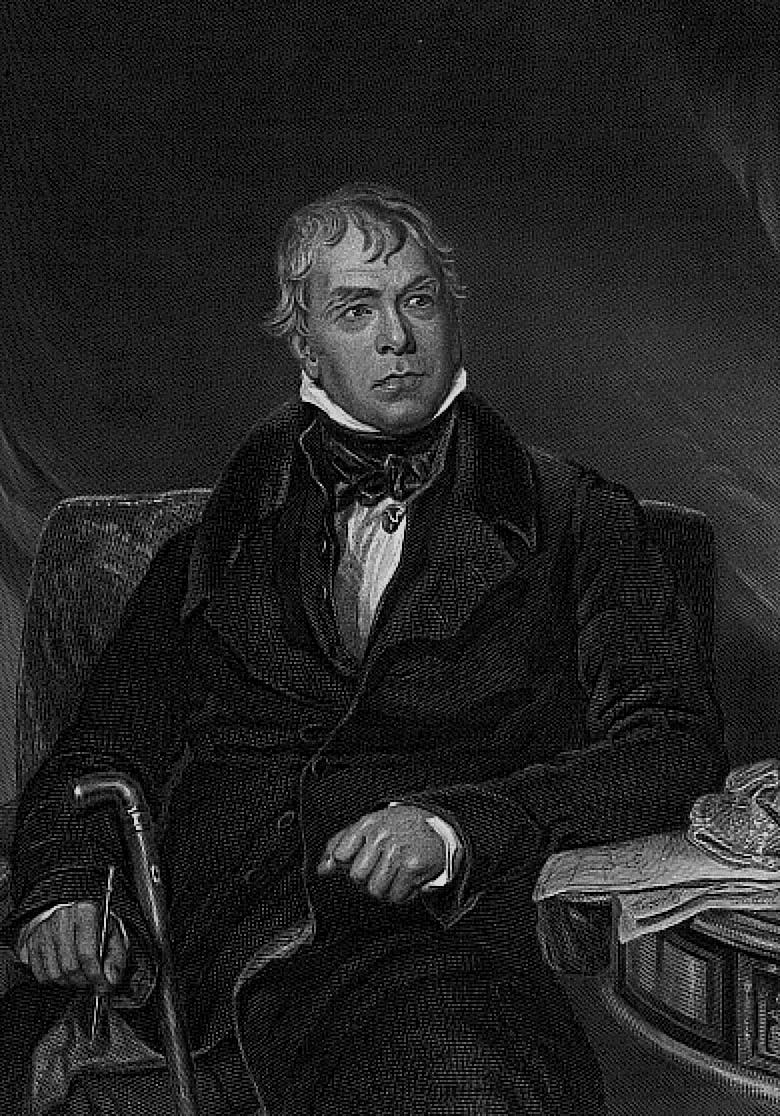
The public library has always been a boon to the impecunious reader. The utility that permits me to download e-books from my library is a particular blessing (not least in these days when Pestilence stalks the land). My library’s system is a little cumbersome, but less cumbersome than driving to the physical building, so I’ve got no gripe coming.
My main problem with my library’s e-book collection is selection. Mostly I read mysteries for light reading, and when I pull up “mystery” on the library site I always get the very same list of books. I don’t know if they’re arranged by popularity or date of acquisition, or some other criterion. But I have to page through screens and screens of listings before I find one that a) interests me, and b) isn’t being read by somebody else.
Last week I tried a new approach. Instead of looking for mysteries, I thought, why don’t I try one of those “important” books I’ve always heard I should read, but have never gotten around to? I’ll bet nobody’s waiting in line for those.
So, on a whim, I searched for Russell Kirk. Several books were available, and I selected The Conservative Mind.
Brilliant. Masterfully written. Illuminating.
And long. Dear, sweet jasmine tea, it’s a long book. I started it last week, and I’m not half way through yet. I complained a while back about the length of Walter Scott’s The Pirate, but that was an Amazon review compared to this.
The nice part is that my book-buying expenses have plummeted for the duration.
So… of what shall I blog until I finish this thing?
I think I shall discuss the reading as I go.
The first thing that struck me as potential blogging material was Mr. Kirk’s assessment of Sir Walter Scott, mentioned above.
In the Waverly novels, Scott makes the conservatism of Burke a living and a tender thing—in Edie Ochiltree, showing how the benefits and dignity of hierarchical society extend even to the beggar; in Balfour of Burley, illustrating the destructive spirit of reforming fanaticism; in Montrose among the clans, “the unbought grace of life”; in Monkbarns or the Baron of Bradwardine, the hamely goodness of the old-fashioned laird…. Delighting in variety like all the Romantics, repelled by the coarsening pleasure-and-pain principle of conduct, Scott clearly saw in Utilitarianism a system which would efface nationality, individuality, and all the beauty of the past. Utilitarianism was the surly apology for a hideous and rapacious industrialism.
(More after jump)

Keep these Kirk posts coming, please, and relate them to your other reading as much as you like.
I like that last paragraph very much.
My wife filled out the census the other day and said it asked for layers of ethnicity. It asked that if you are white, are you Irish, Scottish, English, German, etc. She wished she thought to say American in the moment. I told her that one on hand people want to know the layers of social color in a country; on the other hand if you aren’t an immigrant or the son of an immigrant, you’re American no matter what your ethnicity.
Then there was the Groundnuts Scheme. A government expert decided that Tanzania was a perfect place to grow groundnuts (i.e., peanuts). This was approved.
It was extremely difficult to transport equipment, the land had to be cleared at great effort (they used modified Sherman tanks as bulldozers), there were hostile animals from elephants and rhinoceri to bees and scorpions, the labor had to be trained from first principles, the land was unsuitable, there was no reliable water supply, there were floods and droughts . . .
But an expert had said so.